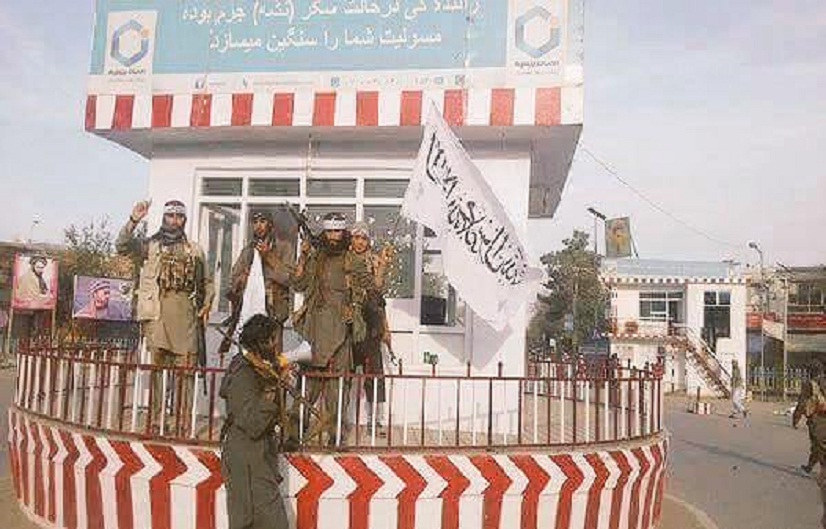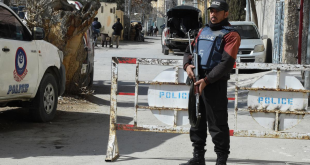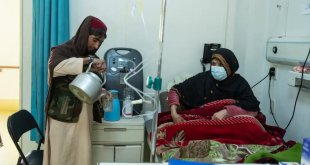The law enforcement agencies are focused on elimination of the insurgent groups and garnering support of the international community. Most of the security policies revolve around defeat of the Taliban, Haqqani Network, al-Qaeda, Tehreek-e-Taliban Pakistan and the Islamic State—popular as Daesh in the country. Such policies could not be termed comprehensive. This strategy has shortcomings. Fighting anti-state elements is not the only security responsibility of the provincial and central governments. There are many groups who are disturbing the social structure by committing heinous crimes and getting away with it. Allowing the rogue people to create social challenges is the first step towards destabilization.
To end terrorism and militancy, the government should garner support at home first. If people were on the government’s side only then the security officials would be able to defeat the militant groups. Mere support of the superpower or some regional countries would not help the cause. Unfortunately, trust deficit between the government and public is increasing every day. Public want to see the laws implemented in letter and spirit. The nation wants to see equality and justice. Over 50 percent of Afghans live below the poverty line because of the social and economic injustice.
No one should be above the law. However, the situation is different in Afghanistan. Influential people make and approve the laws while keeping their own interests. They take interests in what can help them in satiating their greed. They have no soft corner for the poor people.
When the government and political pundits are celebrating the news about resumption of the US airstrikes on the Taliban and Daesh, there are some media reports which seek immediate attention of the relevant authorities. No doubt that the United States’ decision to target hideouts of the militant groups is of utmost importance for security and stability of Afghanistan, however the government cannot turn a blind eye to issues that are eating the social fabric.
Elimination of 139 Daesh terrorists in Kot district of Nangarhar had made headlines and the top brasses celebrated it as victory—which is yet to be achieved. At such a time the news of violence against women is more depressing because domestic violence is a series challenge. A man tortured his wife brutally for 15 years in Sar-i-Pul province. Khairun Nisa, 35, was married to Syed Yaqoot around 17 years ago in Balkhab district. There is no other country where women are tortured so brutally and for such a long time. Absence of laws to protect women’s rights and impunity culture had made the society corrupt.
If the government kept silence and continued to watch the violence against girls and women as silent spectator then the day is not far when people would pray for comeback of the hardliners to save them from those who speaks of justice and yet commit crimes against poor.
To avoid return of such a period in the history of Afghanistan, the government must send the Law on Elimination of Violence against Women to the parliament for approval. The lawmakers should approve the law to restore trust of public over the parliament which had already completed its term.
 Afghanistan Times
Afghanistan Times




